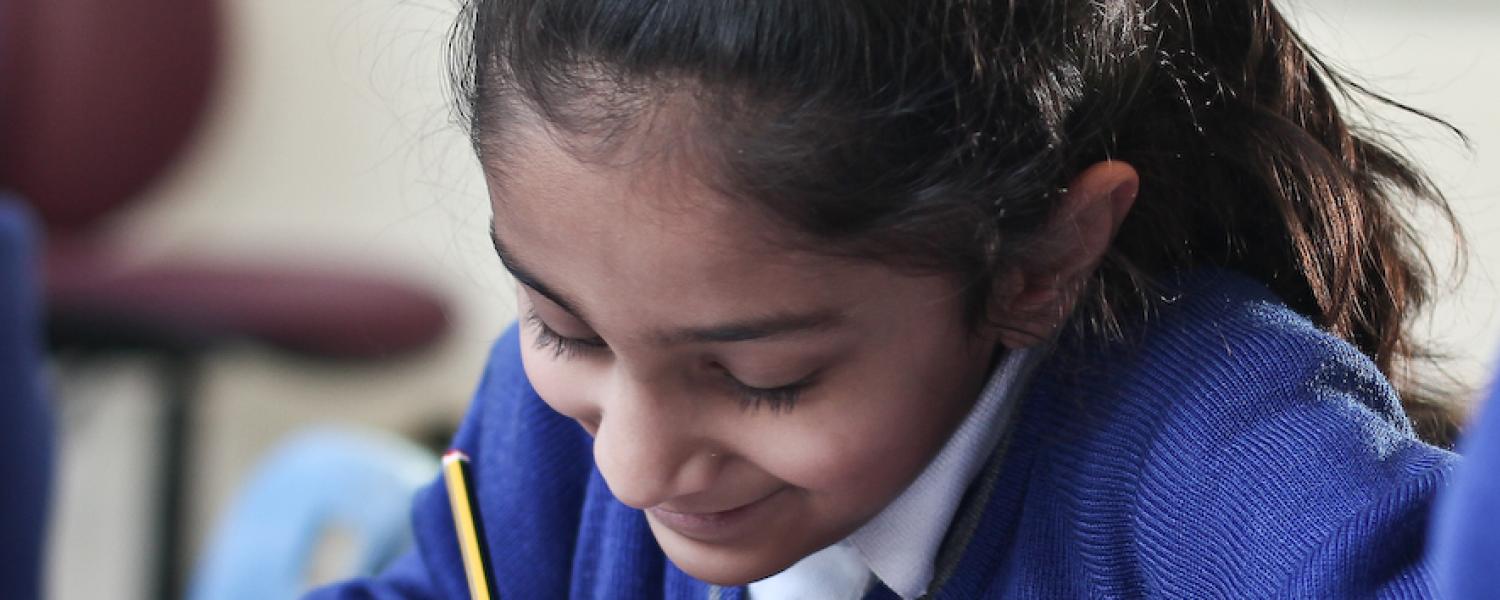
All students are enrolled on a study programme, which typically combines qualifications and other activities, which are tailored to each student’s prior attainment and career goals. This will be tailored to the needs of the individual and typically include a substantial qualification (academic or technical) or preparation for employment.
All study programmes include work experience and non-qualification activities, which complement the other elements of the programme and support our students to progress to further or higher education (HE) or to employment.
All our programmes are designed to provide students with a structured and challenging learning programme that supports their development and progression in line with their career plans. Study programmes are individually tailored but will typically combine the elements below:
- substantial qualifications that stretch students and prepare them for education at the next level or for employment
- English and mathematics where students have not yet achieved a GCSE grade 4
- work experience to give students the opportunity to develop their career choices and to apply their skills in real working conditions
- other non-qualification activity to develop students’ character, broader skills, attitudes and confidence, and to support progression
A level students are expected to follow a minimum of three A levels, or equivalent, which count as substantial qualifications. A level study programmes also include non-qualification activity such as coaching, work experience, personal or study skills, and support students to progress to employment or HE.
Work experience is a key component of 16 to 19 study programmes. The term work experience refers to all forms of work-related activity including work tasters, running a student enterprise, participation in social action, volunteering or a work placement taken with an external employer. It aims to give young people the opportunity to develop their career choices, get a first taste of work, and develop those critical employability skills needed for real working conditions. All students are expected to undertake work experience or work-related training as part of their study programme, and for some students it can be the core aim of the study programme.
Activities must be planned to take account of the student’s needs and future plans. As such, the purpose and nature of work experience is likely to be different for a student who plans to apply for HE when compared with a student who is preparing for employment. This approach is consistent with the Gatsby Benchmarks for good careers guidance.
Non-qualification activities
All students are expected to take part in other meaningful non-qualification activity alongside work experience. This should take account of their needs and career plans, as well as preparation for adult life more generally. For example:
- activities to develop confidence, character and resilience
- group work to develop team working, communications skills, leadership and problem solving – skills that employers often say are lacking in school and college leavers
- tutorials and seminars (including careers education)
- life skills, such as: the ability to travel independently, how to cook and eat healthily, stay safe, personal finance, or preparation for adult or university life
Planned Hours
- Students are timetabled to be in Reach Sixth From from 9.30-4.30pm Monday-Friday for 36 weeks of the year. The remaining 2 weeks of the year in Year 12 are spent in 'wider learning' weeks detailed below.
- All pupils have a 15 minute morning break as well as a 60 minute lunch break which do not contribute to the pupils planned hours.
- Pupils have a 15 minute form in the morning, as well as a 30 minute form in the afternoon where pupils meet their coach in groups for pastoral support and assemblies.
- Once a week pupils have a 60 minute Team Reach hour which provides pupils with further personal and social development.
- Once a week pupils have a 60 minute elective which provides pupils with the opportunity to learn about a topic that is enriching and prepares them for wider learning and University study.
- Once a week pupils have a 60 minute Physical Education/sport session.
- Once a week pupils have a 60 minute session on Reach Scholar Studies which is used to enhance and embed study skills for sixth form and future study. This hour is also used to complete the EPQ.
- Once a week pupils have a 60 minute session called "Reach Out" focused on the community and volunteering.
- Pupils study as a minimum 3 A Levels (or BTEC equivalent) which accounts for 15 hours of planned hours a week (5 hours per A Level).
- All other time in the week (5 hours) is spent in the sixth form focused on revision hours, exam practice, completing University/work applications, enrichment activities and preparing for employment.
Pupils undertake 2 wider learning weeks in Year 12. This is 2 weeks of targeted work experience or enrichment in relation to the pupil's studies (for example in 2019 our A Level French students are spending 2 weeks on an immersive experience in France).
